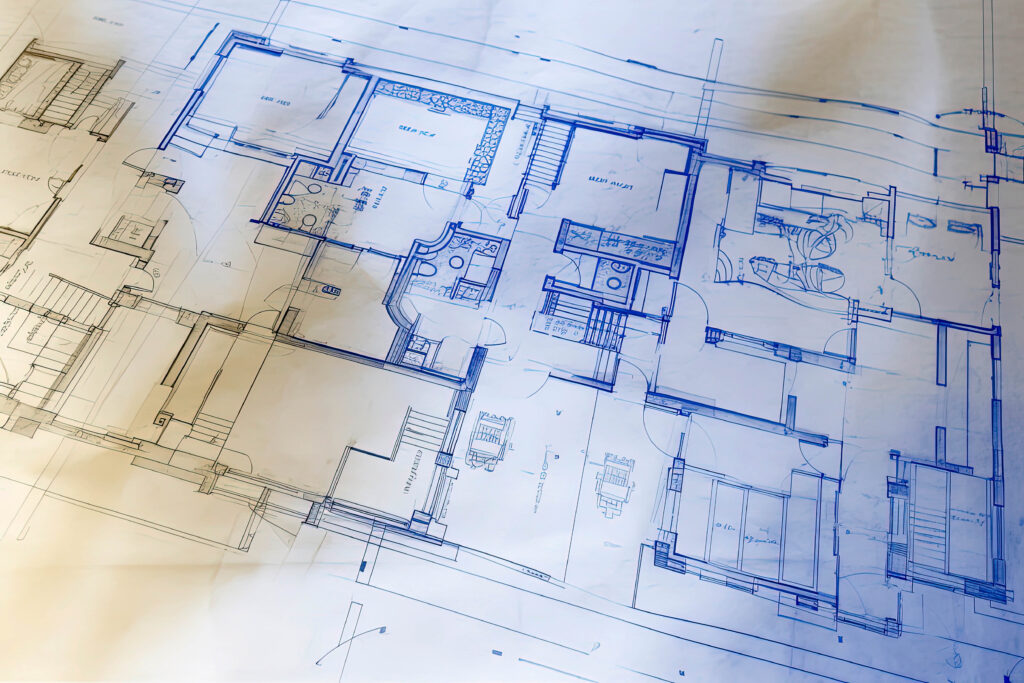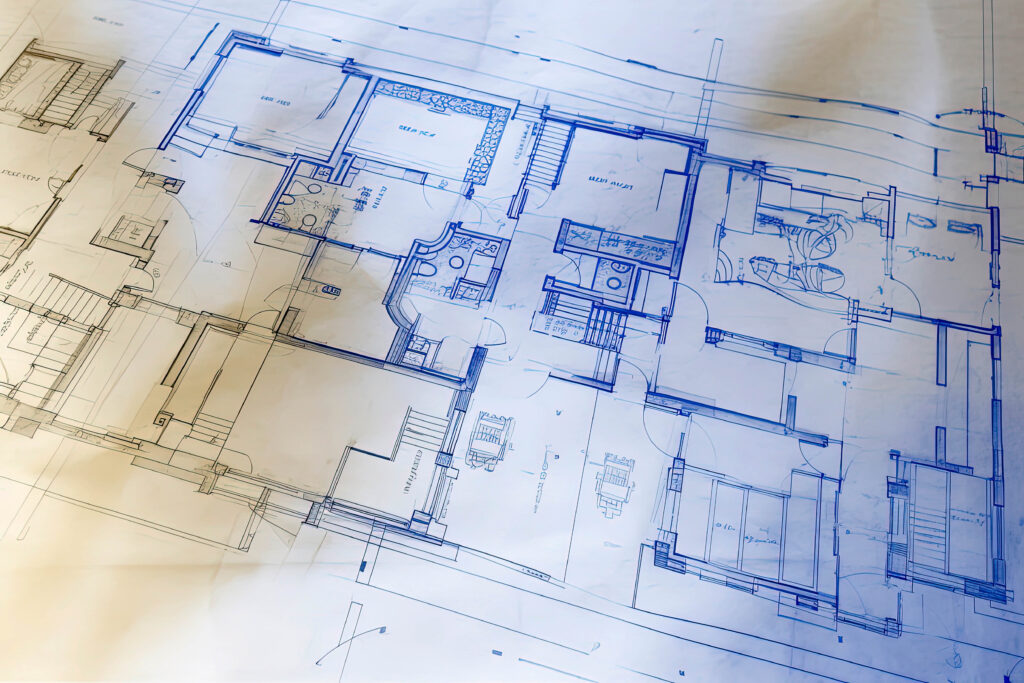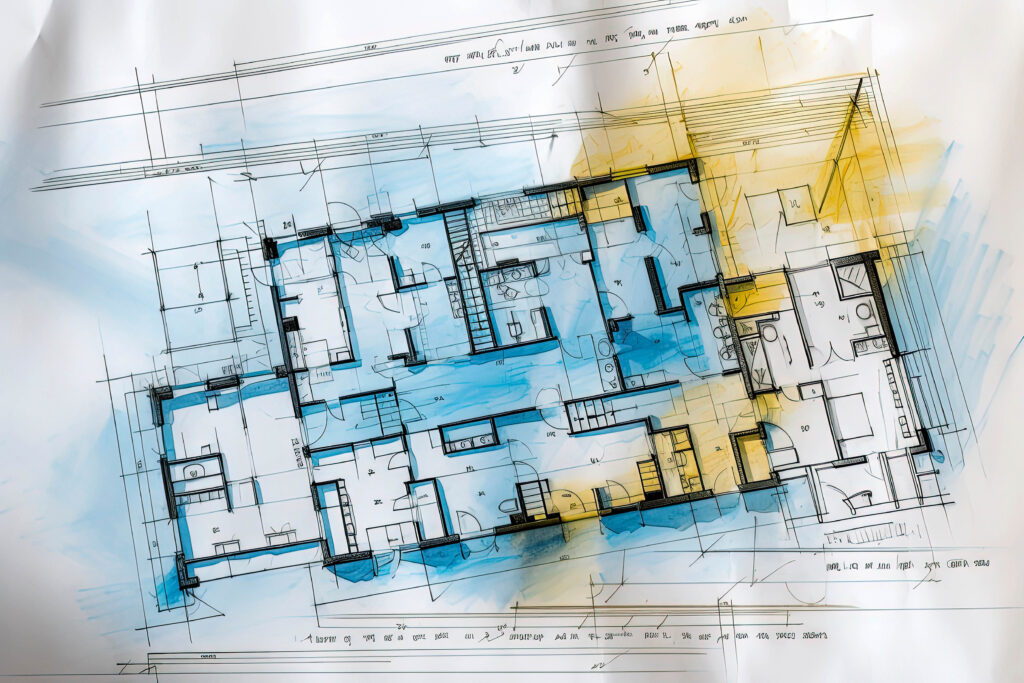- Consultation and Design
- Consultation and Design Milestones
- Included Consulting and Design Services
- Frequently Asked Questions
- Get a Quote
Consultation and Design
HVAC consultation and design services involve collaborative engagements between HVAC professionals and clients to develop tailored heating, ventilation, and air conditioning solutions. The process begins with an in-depth consultation to assess the client’s requirements, preferences, and budgetary considerations. HVAC experts provide valuable insights and recommendations for selecting suitable systems and equipment.

The design phase involves creating detailed plans and specifications, considering factors such as building size, occupancy levels, climate conditions, and regulatory requirements. HVAC consultants collaborate with architects, engineers, and stakeholders to ensure seamless integration with the overall building design.
The comprehensive HVAC plan outlines the proposed system configuration, equipment specifications, installation requirements, and projected costs. This plan serves as a roadmap for implementation, helping clients make informed decisions and achieve their comfort, efficiency, and air quality goals.
Consultation and Design Milestones
HVAC consulting and design plays a crucial role in developing efficient and effective heating, ventilation, and air conditioning systems for various buildings. These services encompass several key milestones that ensure the HVAC system is tailored to meet the specific needs of the client and the facility. From the initial assessment to performance evaluations and upgrades, each step is meticulously planned and executed to provide optimal solutions for comfort, energy efficiency, and regulatory compliance. Below is an overview of the major milestones in the HVAC consulting and design process.

Included Consulting and Design Services
The HVAC consulting and design process involves a series of specialized services aimed at creating efficient and customized heating, ventilation, and air conditioning systems. This includes an initial assessment and consultation to evaluate the facility’s needs, followed by the creation of tailored HVAC system plans. Integration with building design ensures seamless incorporation into architectural and structural elements. Project oversight guarantees compliance with design specifications during installation. Rigorous commissioning and testing verify system performance, while maintenance planning and ongoing performance evaluations ensure system longevity and continuous improvement.

Services in HVAC Consulting and Design Process
- Initial Assessment and Consultation: Evaluating the specific needs and constraints of the facility.
- Custom Design Solutions: Creating detailed HVAC system plans tailored to the client’s requirements.
- Integration with Building Design: Ensuring seamless integration of HVAC systems with architectural and structural designs.
- Project Oversight: Supervising the installation process to ensure compliance with design specifications.
- Commissioning and Testing: Verifying system performance through rigorous testing.
- Maintenance Planning: Developing schedules for regular maintenance to ensure system longevity.
- Performance Evaluation and Upgrades: Continuous monitoring and upgrading of systems to improve efficiency and compliance.
What is the role of an HVAC consultant?
- HVAC consultants assess your specific needs, design custom solutions, oversee installation, and help maintain the system for optimal performance.
Why is HVAC design important?
- Proper HVAC design ensures the system meets the building’s heating, cooling, and ventilation needs efficiently and cost-effectively.
How does the consultation process work?
- It begins with an assessment of your needs, followed by system design, integration with building plans, oversight during installation, and ongoing maintenance planning.
What factors are considered in HVAC system design?
- Consultants consider building size, occupancy levels, climate conditions, energy efficiency goals, and regulatory requirements.
How can HVAC consultants improve system efficiency?
- Through accurate load calculations, proper equipment selection, efficient ductwork design, and regular maintenance planning.
What are the benefits of working with an HVAC consultant?
- Benefits include customized solutions, improved energy efficiency, reduced operational costs, and expert guidance throughout the project.
What should be included in an HVAC maintenance plan?
- Regular inspections, cleaning, filter changes, system performance testing, and timely repairs to prevent major issues and maintain efficiency.
Request Your Personalized HVAC Consultation & Design Quote Today
Ready to optimize your HVAC systems for maximum efficiency and comfort? Contact us today for a personalized consultation and design quote!
